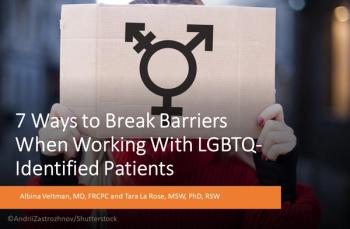
Albina Veltman, MD, FRCPC and Tara La Rose, MSW, PhD, RSW, provide Suggestions on how to create an LGBTQ-positive space in health care settings.


Albina Veltman, MD, FRCPC and Tara La Rose, MSW, PhD, RSW, provide Suggestions on how to create an LGBTQ-positive space in health care settings.

Transgender adolescents and their families experience barriers to care and specialized providers might not always be available. However, the work with transgender adolescents can be rewarding.

This Special Report offers insight into gender vulnerabilities and clinical implications in areas like schizophrenia, Alzheimer dementia, and anxiety disorders.

A deep dive into how schizophrenia affects men versus women.
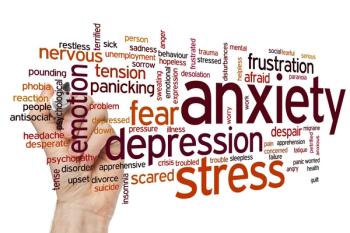
Clinicians can help raise awareness of the role of sex hormones in persistent anxiety by integrating 5 considerations into their practice.
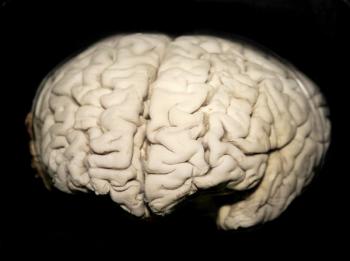
Several misconceptions exist about the study of sex and gender in the AD field. The initial focus of this article is on whether women are at greater risk.

Dependence on alcohol and tobacco or illicit drugs is generally higher in men, but the gender gap is narrowing at an alarming rate, especially in adolescents.

The typical trials of an teen working to understand sex and intimacy is compromised by an inappropriate power dynamic in this film, according to the authors.

To understand the experiences and needs of the aging LGBTQ population, it is important to consider the culture, politics, and social norms that existed when these elders came of age. Clinicians can play a vital role by creating a safe and open environment that allows people to be themselves.

The authors review basic neuroendocrine function and the evidence base of hormonal contribution to psychiatric symptoms in PCOS, PMDD, and perimenopause. They also offer strategies for psychiatrists for both clinical assessment and management of women with neuroendocrine dysfunction.

It is not unusual for patients to seek consultation with questions about their sexuality. This article provides useful definitions and clinical examples for therapists who wish to address these patient concerns.

Eating disorders are still thought of as a “female problem.” But 25% of those with anorexia and 36% of those with bulimia are males.

Because there is a higher prevalence of mental health disorders in LGBTs than in heterosexuals, psychiatrists should be broadly familiar with the process of sexual/gender exploration, psychological self-recognition, disclosure to others, and community identification.
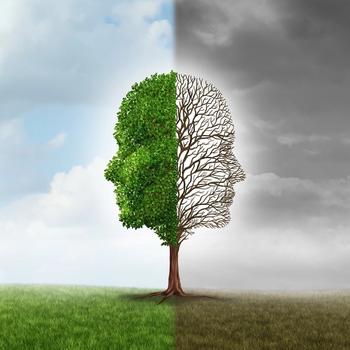
Despite the disappearance of identity variations in diagnostic classifications, psychiatrists can contribute to solving social challenges.

A commentary that is both professional and personal in nature, written by a psychiatrist who has helped hundreds of transitioning patients adapt to their external gender appearance and societal expectations.
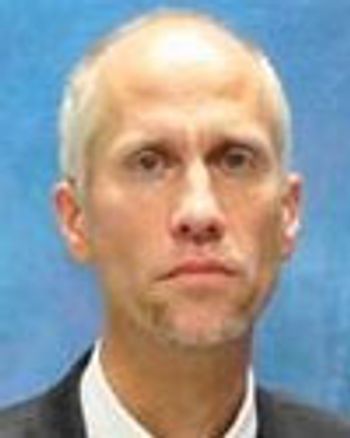
A look at the 2015 joint American Society for Adolescent Psychiatry (ASAP) and International Society for Adolescent Psychiatry and Psychology (ISAPP) Scientific Meeting in March. There, the author will be presenting two sessions that address adolescent sexuality and sexual development issues.

This article reviews what is known and unknown about LGBT suicide risk, discusses risk and protective factors for LGBT adolescents and adults, and provides recommendations for assessing and treating LGBT patients.

Research efforts for LGBT patients include creating innovative medical and mental health services that lead to the training of students and practitioners and promote the development of outreach strategies specific to today’s critical needs.

A recent case has caused a flurry of opposing opinions. Not surprisingly, transgender advocacy groups have praised the judge's decision that the inmate in question has an eighth amendment right requiring the state to support and pay for sex reassignment surgery.

Using a question-and-answer format, we present a brief overview of issues that arise when mental health professionals explore how to best serve this population.

Review on the roles of gender in connection with premenstrual dysphoric disorder, OCD, psychosis, and other mental disorders.

Transphobia is rampant in the US. Transgendered and LGBTs are bullied and victimized at alarmingly high rates. How, then, to protect these people from physical harm and treat mental health concerns?

A bill banning mental health providers from engaging in sexual orientation change efforts with patients passed the California Senate just weeks after prominent psychiatrist Robert Spitzer, MD, apologized to the gay community for his 2003 study.

Psychiatrists, physicians, and mental health professionals are often asked to treat patients facing issues of sexual orientation and gender identity. Here are quick Tips for trans-inclusion of LGBTs.

Sexual identity development is a complex, multidimensional, and often fluid process. One must consider cognitive, social, emotional, cultural, and familial complexities among other aspects of the individual’s experience to contextualize a narrative concerning sexual identity development.